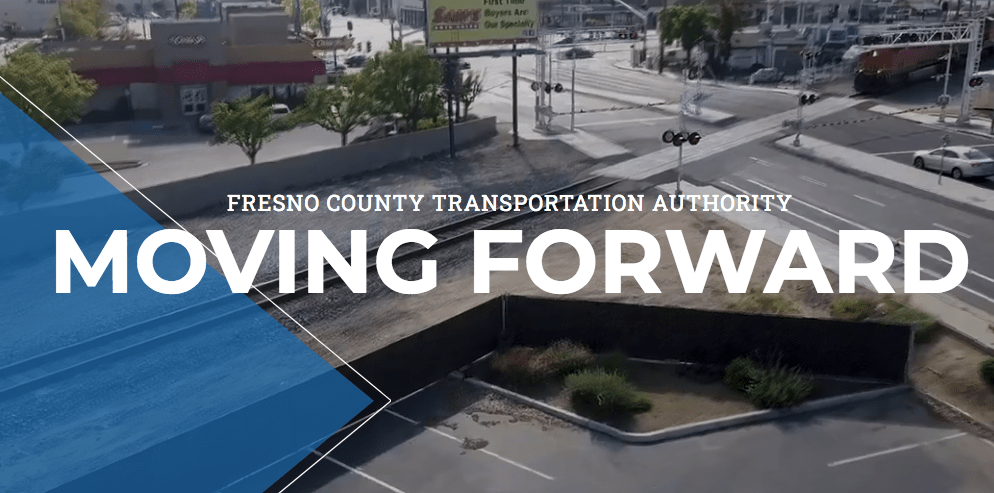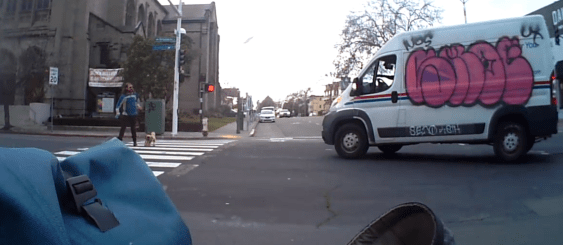An excellent article from Fresnoland does a great job illustrating several conflicts that are common when California cities and regions try to find ways to fund transportation projects. The piece details struggles over Fresno's transportation sales tax Measure C, highlighting the kinds of compromises and disagreements that have played out in nearly every local transportation tax measure that has been passed or defeated in California in recent years.
Last night the regional Fresno Council of Governments voted to approve a plan that incorporates minor changes advocated by the city of Fresno. The city, pushing for a more transit-oriented mix of projects, opted to propose more flexibility for itself rather than completely replace the COG’s proposed spending plan, which focused more on freeways.
California encourages regions to pass local sales tax measures by giving more transportation funding to the "self-help counties" that have voted to tax themselves. But sales tax measures are hard to pass; they need a two-thirds majority, so often they end up as a hodgepodge of project lists that aim to please everyone a little but no one completely. And they rarely leave room for conversations around what would be the most sustainable or even just the least harmful investments.
Fresno's Measure C is a countywide half-cent sales tax for transportation that local voters first approved in 1986 and extended in 2007. The county touts the construction of "fifty new lanes of freeway throughout the county" as its main measure of success. Although the current tax is in place until 2027, county officials have been working on a new expenditure plan for a further extension, which they hope to put before the voters this November.
As the Fresno Bee explains, the city of Fresno - the largest city in the county - was not happy with the COG's proposed spending plan, which focused on freeway building and would reduce transit spending substantially, forcing service and route cuts.
So city councilmembers were working on a couple of solutions: first, to bring a competing city tax to the ballot. Second, they discussed seeking state legislation to change the decision-making structure of the Fresno COG, which gives the city of Fresno, with over the half the population in the county, just two of the COG's nine votes.
A local city transportation tax would be unique in the state - and could make the city more competitive for other state funding as well. That idea seems to have been set aside by Thursdays' vote, which didn't fundamentally change the Measure C spending plan but gave the city more flexibility to spend its share on what it deems necessary.
As the authors, Danielle Bergstrom and Gregory Weaver, write:
The clash is partly over two competing visions for the future of growth, both shaped by public spending on transportation: one focusing more resources on older neighborhoods and providing more transportation choices for those who don’t want to drive everywhere; and the other continuing the region’s long-bought legacy of car-oriented suburbia, where walking anywhere outside of a cul-de-sac is a risk most wouldn’t take, if they had a choice.
They also quote Fresno City Councilmember Miguel Arias, who, frustrated with the process, lashed out with a truth that encapsulates the divide between people who have to navigate urban areas without cars and people who can't imagine doing so:
“The leaders of (Measure C) think we’re trying to convince rich people to get out of their cars. But the reality is, we’re just trying to give a lifeline to people who don’t even own a f—--g car,” Arias said. “This is about making sure retired farmworkers, people without a car can get to the grocery store, to their doctors’ appointments on time.”
Other concerns highlighted in the Fresno Bee articles, particularly about the ways that public comment has been ignored, are also all too common at all levels of decision-making in California, where lip service and two minutes per speaker substitute for deep engagement of underlying issues magnified by the decisions being made.






